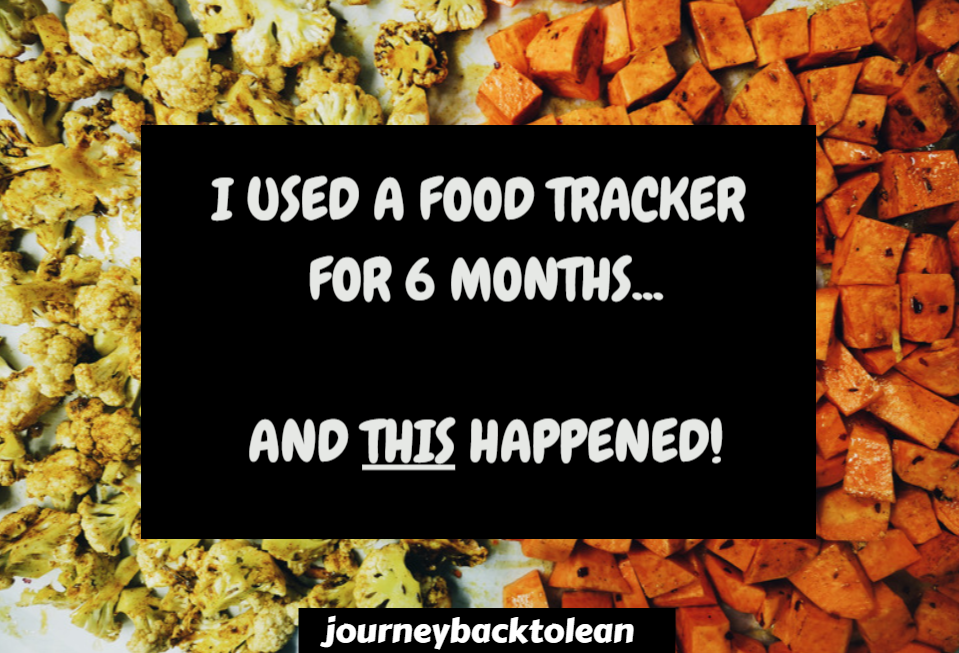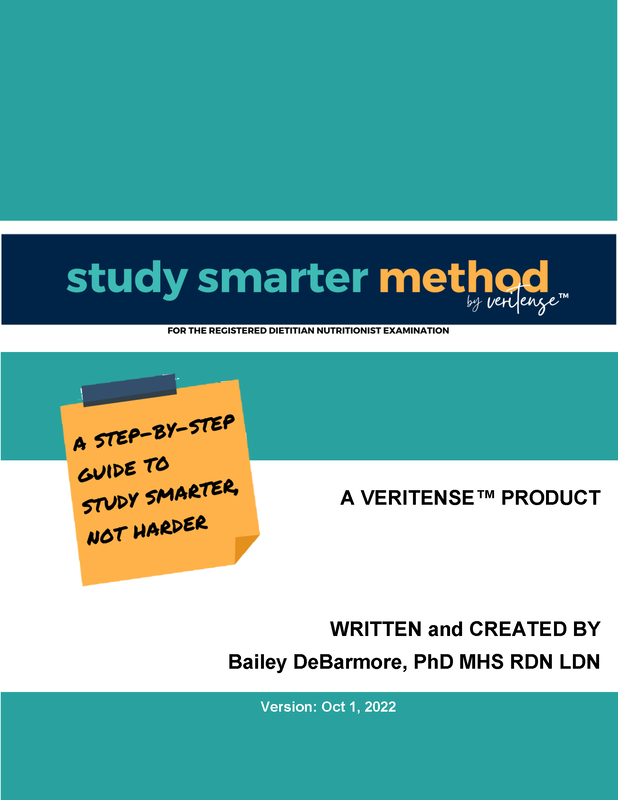|
This post isn't about a particular food tracker. I was using a mobile app and was actually a huge fan. This post is about my experience with food tracking overall. Everyone is different in their eating habits, and not surprisingly, people respond differently to getting a grip on their eating habits. Note that I said eating habits and not preferences. When I say eating habits I mean:
This long list is one of the many reasons there are so many "dieting" options out there, but also why so many one-size-fits-most don't always work. For example, I have more than a few friends who's stomach would really prefer they stay away from meat. But I exclaim, that's how I feel about carbohydrates! Others can't stomach the idea of eating first thing in the morning. For me, it's a must! And then I'm usually done with the whole eating thing around 4pm. OK, so why am I talking about how everyone is different? A commonly touted method to look at your eating habits is to track them. In the age of smart technology, an easy way to do it is from your mobile phone. It's always with you, and can do all the calculations for you. But since everyone is different - doesn't it make sense that results would be different for the same "diet" method, like food tracking? From setting up custom recipes to posting photos of your meal, there are a number of platforms that provide a slightly different experience. Logistically, they most often come down to their search/database capacity (having the nutritional information for the foods you're requesting). The program I was using had a few great features:
It also congratulated me each evening when I finished my log by telling me how many days in a row I had tracked. I was up to 180 days in a row and I hit a particularly hard week. Don't get me wrong, not all of those 180 days were completely accurate, but they were good faith efforts. I decided to just forgo tracking that entire week. A few weeks later, I stepped on the scale. I had lost 5 pounds. OK Bailey, but you probably lost a lot more than 5 pounds over that 6 months. NOPE! I maintained my weight (which was great - a victory for me) but didn't lose a single pound. So, I sat back and thought: what was different about those weeks not tracking my food? I realized it was my thought process. While food tracking can bring enlightenment to some users, realizing how many calories are in certain foods, or reducing mindless eating (because, hey! you have to track it!) it made me hyper-aware of how many calories I had left to eat. Don't get me wrong - this was not at the level of my unhealthy days when I would match a meal's calories to my treadmill workout later that day. This was more - hey! I have 360 calories left. That's a Peanut Butter Cup Halo Top! Boom! And when I wasn't tracking? I still knew I had that Halo Top in my freezer (don't lie about your stockpile). But I wasn't hungry. So I didn't eat it. I ate less by listening to my hunger cues and taking the numbers out of it. While food tracking can bring enlightenment to some users, realizing how many calories are in certain foods, or reducing mindless eating, it made me hyper-aware of how many calories I had left to eat. Have you ever tracked your eating before? Did you use pen and paper or a fancy app?
Comment with what you found to be the most helpful (or least helpful) of the experience. We'd love to learn from you. BD
0 Comments
Your comment will be posted after it is approved.
Leave a Reply. |
a blog about health, wellness, nutrition, and fitness from an epidemiologist / dietitian with personal trainer experience
Stay up to date on productivity tips and active learning techniques
Like what you read?
categories
All
|



_250px.png)



 RSS Feed
RSS Feed
